Minister for Agriculture Charlie McConalogue has told People Before Profit/Solidarity TD Paul Murphy that the Dublin TD doesn’t have a “bull’s notion” about Ireland’s family farm model.
In an exchange in relation to agriculture’s carbon emissions, Murphy said that the minister’s “industrialised farming system” does not work for ordinary farm families.
“Almost half of farms in this country have an income of less than €10,000. The minister’s industrialised farming system works for Greencore, Kerry Group, Goodman and the big dairy farmers, but it does not work for others. The figures are there in Teagasc.
“Instead of incentivising and pushing farmers to engage in industrialised farming that does not work for small farmers, is extremely damaging for the environment and does not work for society as a whole, why do we not instead have a farming policy that is based on food sovereignty, the principles of regenerative farming and paying farmers for the carbon sequestration services they provide?” he asked.
Environment
Murphy said that instead of subsidising farmers to engage in industrialised farming that is damaging, why not instead pay farmers for the important services they provide in terms of the environment?
“Who would win from that and who would lose from that? Big agri-business would lose from it and the vast majority of small farmers and ordinary people would win from it.”
Language
In response, the minister said that Murphy is the only one who uses language like “industrial farming”.
“We have a family farming model in this country which, frankly and thankfully, the deputy does not really have a bull’s notion about or an understanding of. It is based on work that farm families do right across the country.
“People throughout the food supply chain try to maximise the value of that. We ensure that farm families are supported. It is important that this work continues.
“As I said, our starting point for agriculture in this country is that we are one of the most efficient food producers in the world from a carbon and climate point of view. That is something we need to build on and improve, which we are determined to do, as are farm families and those right across the food sector,” he said.
He added that he is seeking to strike the appropriate balance “between doing everything we possibly can to reduce the emissions footprint of how we produce food and continuing the important work of producing sustainable, healthy and nutritious food in this country”.




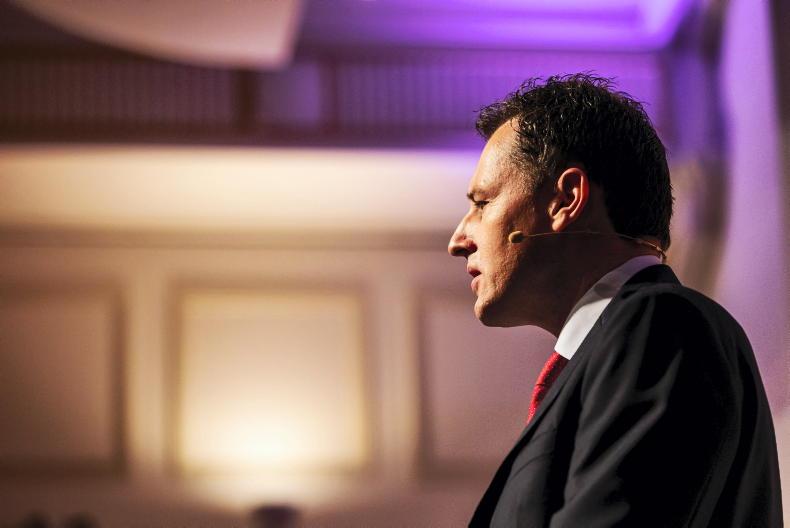
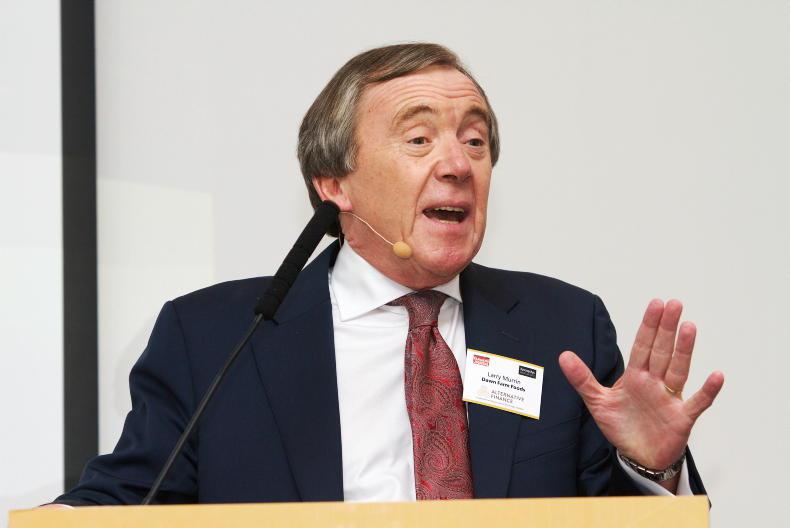

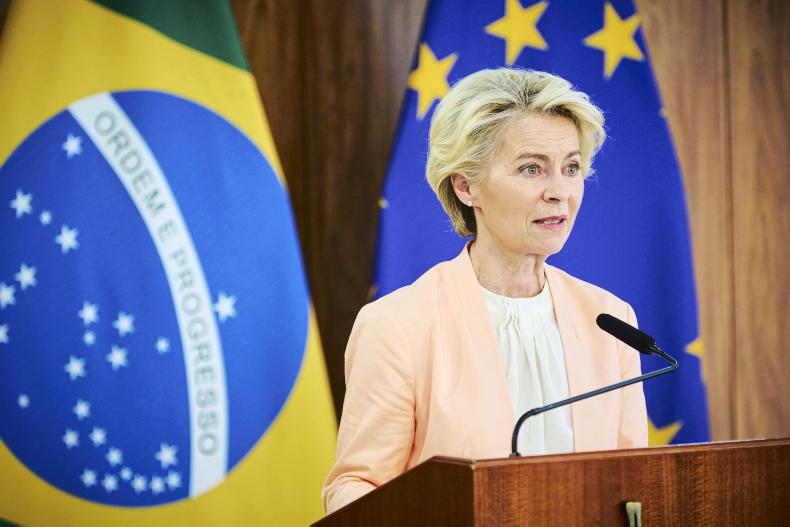
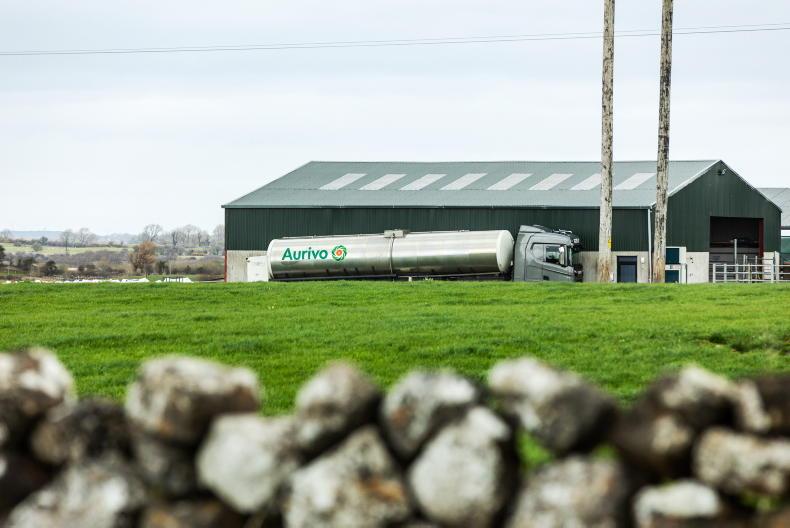
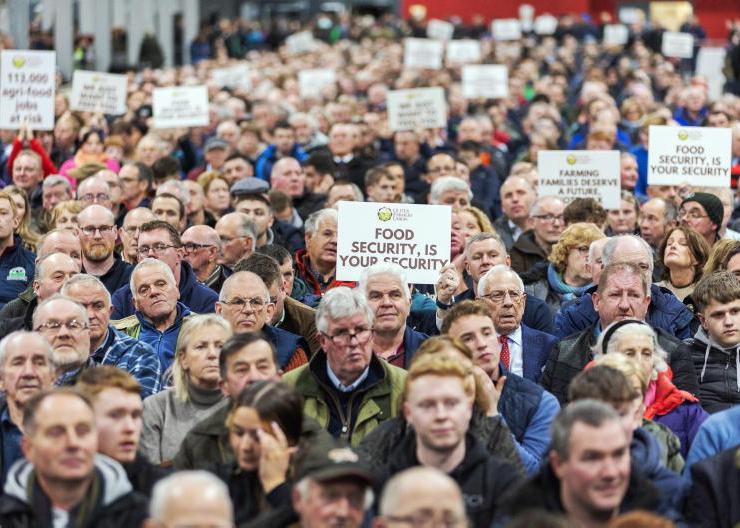
SHARING OPTIONS